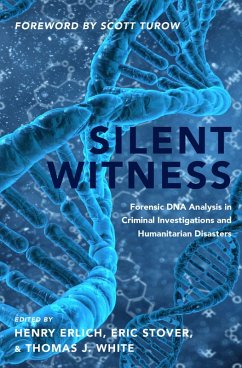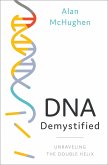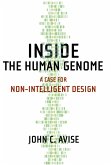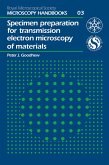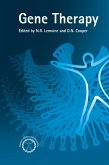Since its introduction in the late 1980s, DNA analysis has revolutionized the forensic sciences: it has helped to convict the guilty, exonerate the wrongfully convicted, identify victims of mass atrocities, and reunite families whose members have been separated by war and repressive regimes. Yet, many of the scientific, legal, societal, and ethical concepts that underpin forensic DNA analysis remain poorly understood, and their application often controversial. Told by over twenty experts in genetics, law, and social science,
Silent Witness relates the history and development of modern DNA forensics and its application in both the courtroom and humanitarian settings. Across three thematic sections,
Silent Witness tracks the scientific advances in DNA analysis and how these developments have affected criminal and social justice, whether through the arrests of new suspects, as in the case of the Golden State Killer, or through the ability to identify victims of war, terrorism, and human rights abuses, as in the cases of the disappeared in Argentina and the former Yugoslavia and those who perished during the 9/11 attacks. By providing a critical inquiry into modern forensic DNA science,
Silent Witness underscores the need to balance the benefits of using forensic genetics to solve crime with the democratic right to safeguard against privacy invasion and unwarranted government scrutiny, and raises the question of what it means to be an autonomous individual in a world where the most personal elements of one's identity are now publicly accessible.
Dieser Download kann aus rechtlichen Gründen nur mit Rechnungsadresse in A, B, BG, CY, CZ, D, DK, EW, E, FIN, F, GR, HR, H, IRL, I, LT, L, LR, M, NL, PL, P, R, S, SLO, SK ausgeliefert werden.

